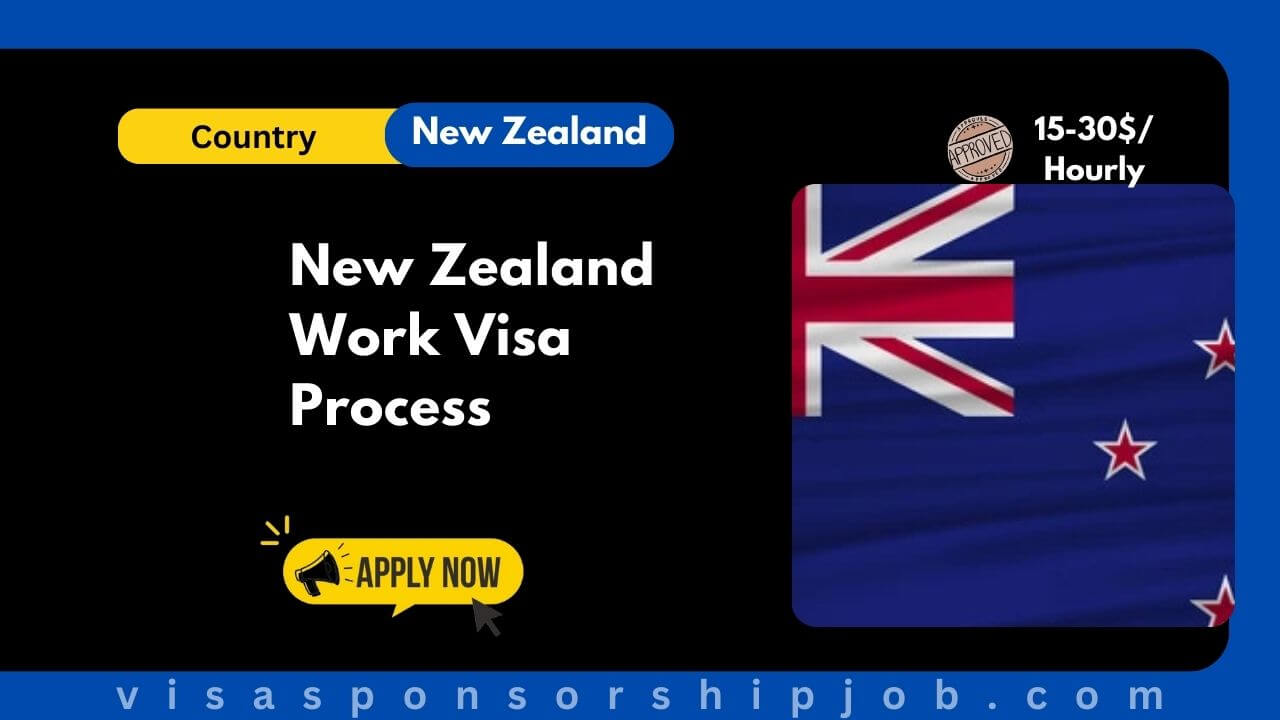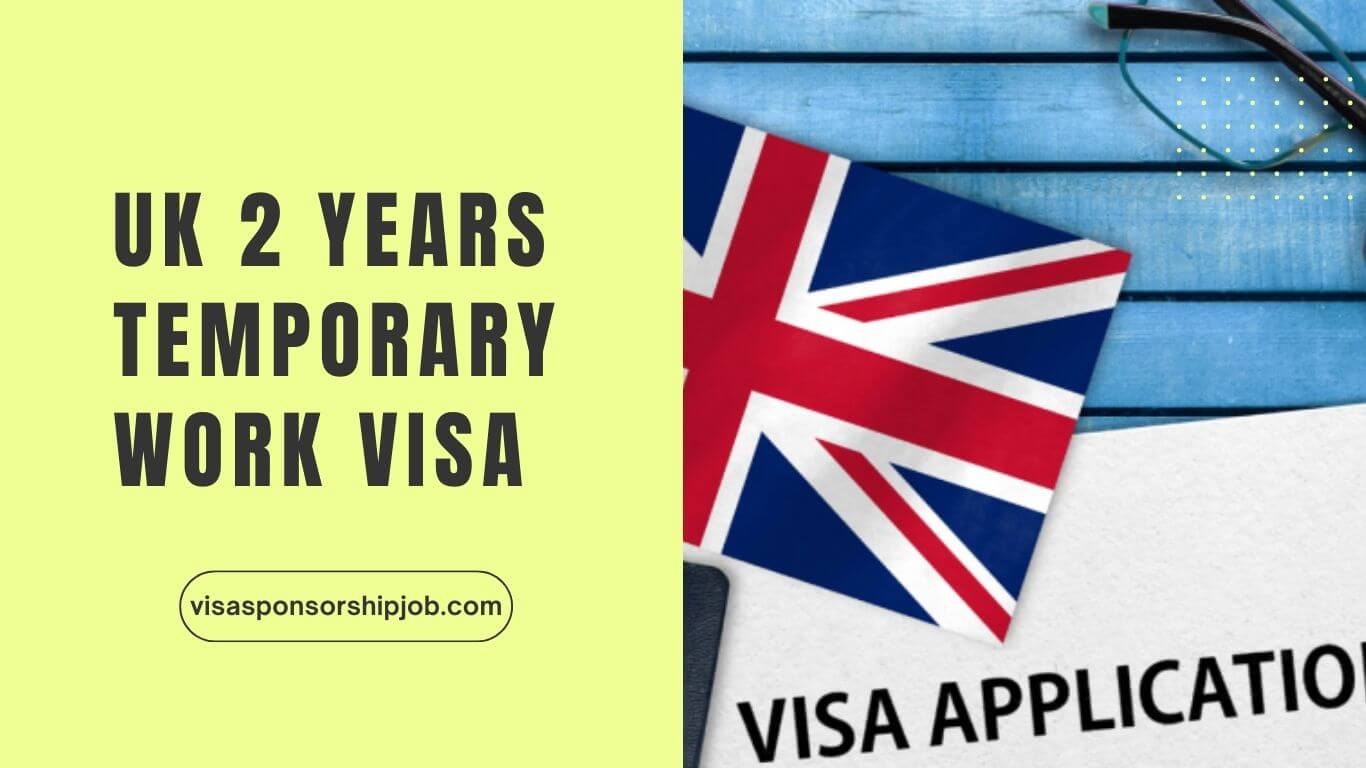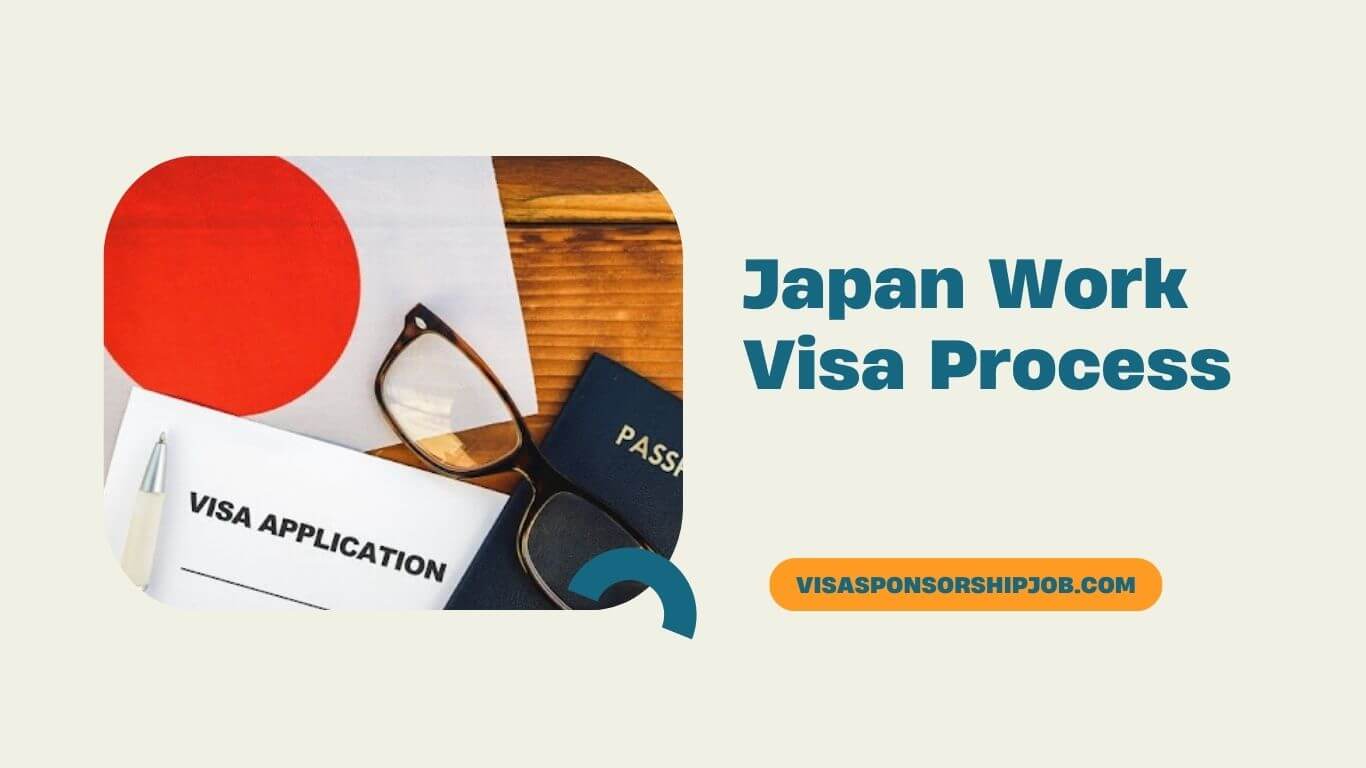Do you yearn to relocate to a location characterized by idyllic villages, sun-drenched beaches, and a relaxed way of life? Popularly referred to as the Retirement or Passive Income Visa, the Portuguese D7 Visa provides non-EU/EEA/Swiss nationals with a one-of-a-kind opportunity to experience the Portuguese way of life while supported by a steady passive income.
The D7 Visa is an opportunity for professionals, investors, retirees, and those seeking a change of scenery to establish a new residence in Portugal. Let us delve into the fundamental aspects of this captivating opportunity.
Check Also: New Zealand Work VISA Application Process and Requirements
What is This Portugal D7 VISA?
The D7 Visa is intended for individuals who are self-sufficient in Portugal and can rely on a steady passive income, such as rental income, pensions, or investments, without the requirement of working. This visa not only facilitates your entry into Portugal but also provides the opportunity to potentially obtain permanent residency and citizenship in the future.
Benefits of Portugal D7 VISA:
- Legal Residency in Portugal: The D7 Visa grants individuals the ability to lawfully reside in Portugal for a prolonged duration, with an initial stay of one year, which can be renewed for additional terms.
- Access to Schengen Area: The Portugal D7 Visa provides individuals with entry privileges to the Schengen Area, a region consisting of 26 European countries. This authorization enables unrestricted travel and residence within the area, eliminating the need for supplementary visas.
- No Minimum Stay Requirement: In contrast to certain residency visas, the D7 Visa does not stipulate a minimal length of stay during one’s visit to Portugal. This degree of adaptability enables individuals to maintain their residency status while traveling freely.
- Eligibility for Permanent Residency and Citizenship: D7 Visa holders may be eligible to petition for permanent residency in Portugal after five years of lawful residence. Furthermore, individuals may petition for Portuguese citizenship following six years of lawful residence, provided they satisfy additional prerequisites, including language proficiency.
- Tax Benefits: Portugal extends advantageous tax policies to individuals who do not qualify as permanent residents (NHRs). For a designated time period, NHRs might qualify for tax exemptions or reduced rates on income derived from foreign sources, such as pension income, royalties, and dividends.
- Quality of Life: Portugal is widely recognized for its exceptional standard of living, which is attributed to its favorable climate, picturesque landscapes, abundant cultural legacy, and comparatively modest living expenses in comparison to other Western European nations.
- Education and Healthcare Accessibility: D7 Visa holders have the privilege of utilizing Portugal’s public healthcare system, renowned for its cost-effectiveness and provision of high-quality medical services. Moreover, the offspring of holders of D7 visas are granted access to the public education system of Portugal.
- Investment Opportunities: Portugal provides D7 Visa holders with a variety of investment opportunities, including real estate, which may generate additional income streams or result in capital appreciation.
- EU Residency for Family Members: Residency in the EU for Family Members Certain family members, including spouses, children, and dependent relatives, may be included in the residency application of visa holders. The residency privileges of family members are equivalent to those of the primary visa holder.
- Diverse Culture and Lifestyle: Portugal’s vibrant and hospitable environment for expatriates from around the globe is a result of the country’s cuisine, culture, and way of life, which are all relatively diverse.
How to Qualify for a Portugal D7 VISA?
The requirement for eligibility is a stable passive income.
- The annual eligibility threshold is €8,460 for a solitary applicant, with supplementary criteria applicable to dependents.
- Required documents include a clear criminal record, adequate health insurance, and the intent to reside in Portugal.
- Notably, although the D7 does not qualify as a work visa, it does not impose any limitations on employment in Portugal. However, your work income will not be considered in calculating the passive income requirement.
Application Process: Step-by-Step:
- Preparation Is Crucial: Commence the process by assembling all requisite documentation, encompassing income verification, health insurance, and a spotless criminal record.
- Implement Locally: Submitting your application and supporting documentation at the Portuguese consulate in your country of origin is the initial step in your voyage.
- After receiving approval, proceed to Portugal in order to acquire a residence authorization. This initial permit serves as a prerequisite for possible citizenship, permanent residency, and renewals.
Where to Apply?
Online applications for Portugal’s D7 Visa are not possible. When returning to your native country, visit the Portuguese consulate as your initial port of call. It is essential to contact each consulate directly for the most current and accurate information, as each has its own set of regulations and procedures.
Embracing the Portuguese Lifestyle:
The D7 Visa serves as more than a mere authorization; it unlocks an avenue to an extraordinary journey replete with immersive cultural encounters and unrestricted exploration of Portugal. Portugal provides a soothing rural environment, a vibrant coastal society, or captivating historic cities—either way, it presents a setting that evokes a sense of familiarity and belonging.
Devoted to those captivated by the Portuguese way of life, the D7 Visa provides an avenue to actualize aspirations—a fusion of relaxation, exploration, and the assurance of establishing a permanent residence in the midst of one of the most revered locations in Europe.
Frequently Asked Questions:
Who is eligible for the D7 Visa in Portugal?
There’s a minimum income requirement to qualify for the Portugal D7 visa and residence permit. The applicants must demonstrate a stable and regular passive income that should be at least equivalent to the Portuguese minimum wage, which is currently €820.00 per month (€9,840.00).
Can I get a job in Portugal with a D7 visa?
The Portugal D7 visa does not give the applicant the right to work in Portugal officially, but if the applicant later obtains a residence permit, this restriction will be lifted.
What is the disadvantage of the D7 Visa for Portugal?
D7 visa holders must make Portugal their primary country of residence and cannot move freely to another country in the European Union. This means that they must stay at least 183 consecutive days in the country (or 8 months with short trips outside Portugal) out of the year.






